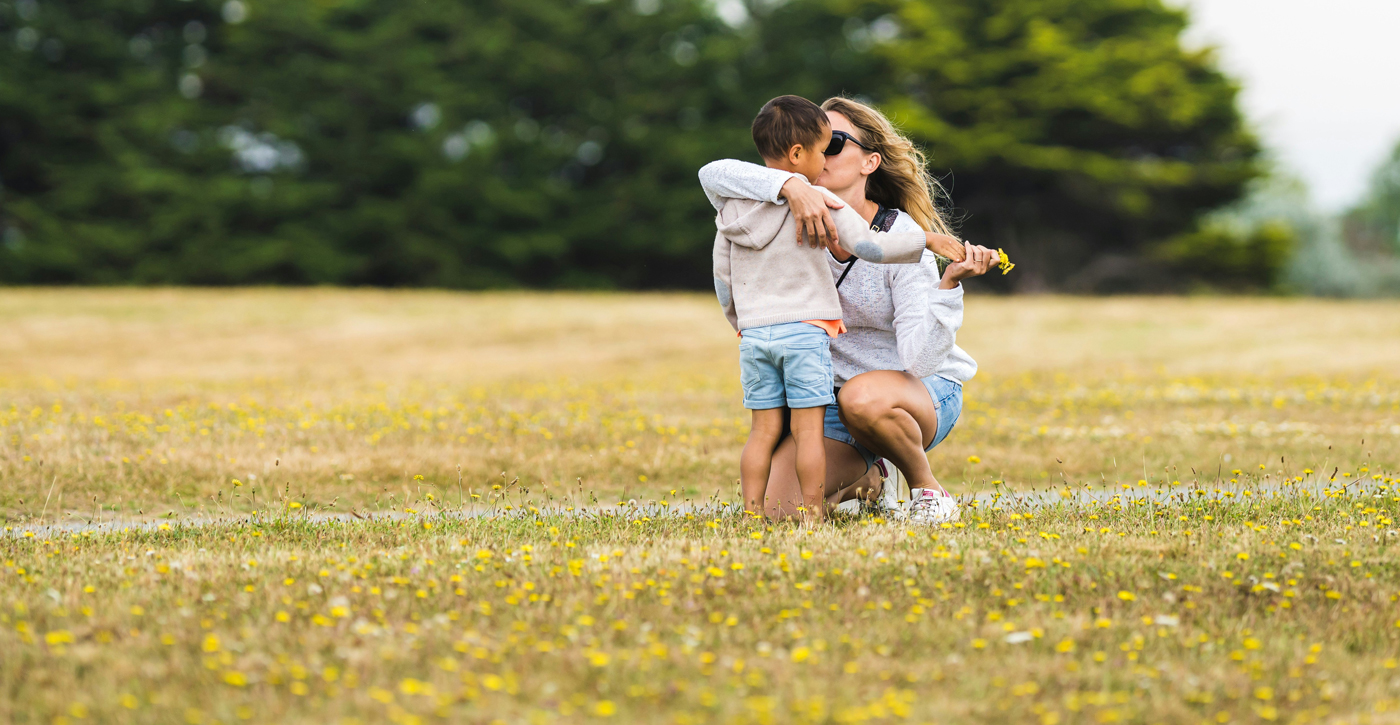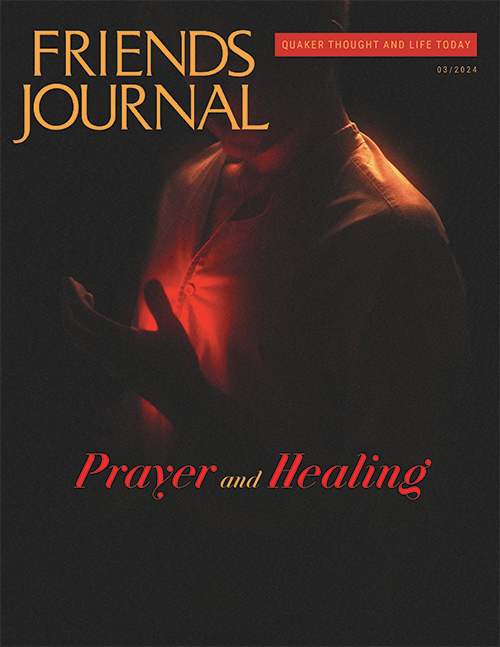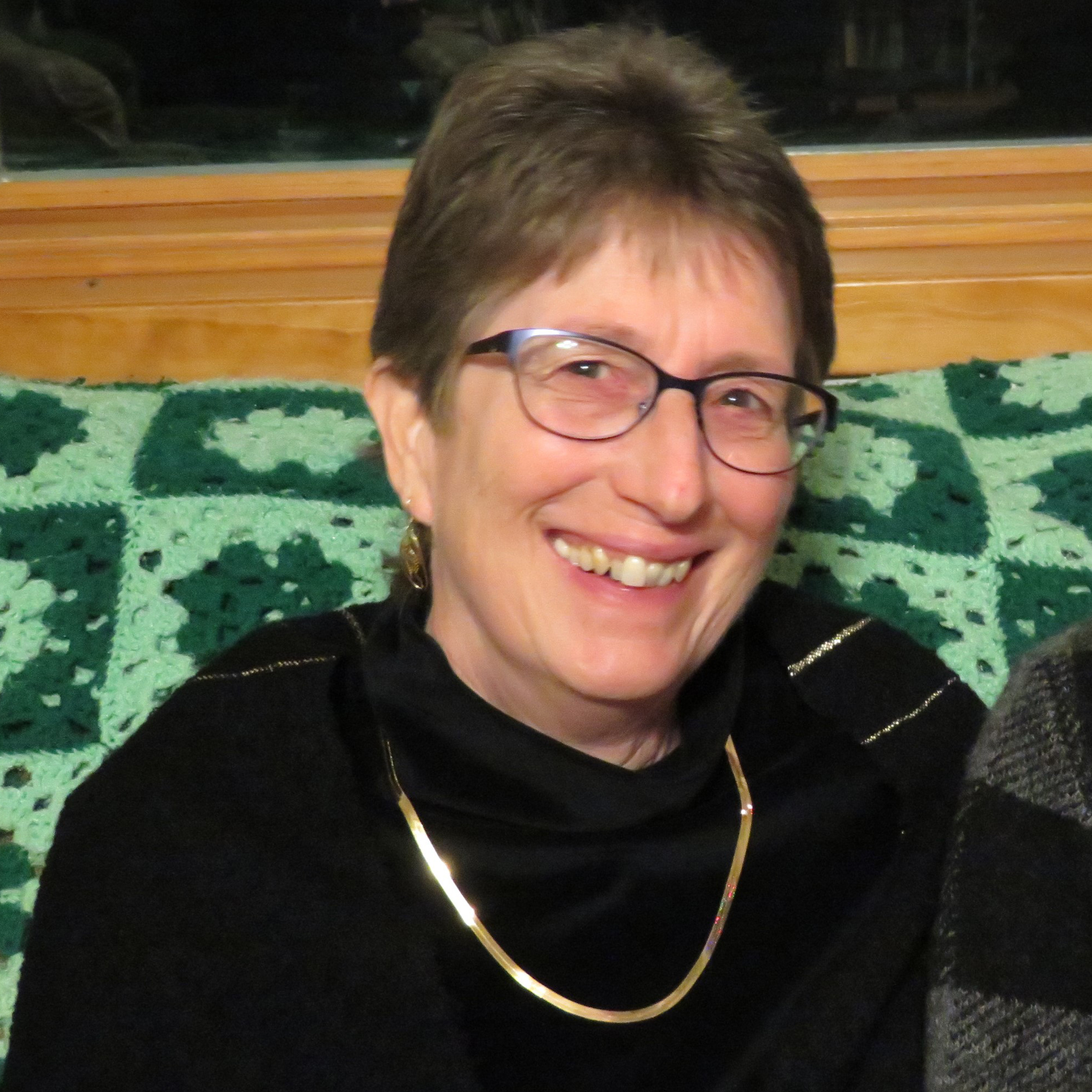To be helpless is to be unable to manage for oneself, while leaving open the possibility that another might be of assistance. To be hopeless is to have no hope of any such help. In the 1847 hymn “Abide with Me,” author Henry Francis Lyte, a Scottish Anglican cleric, beseeches God to help while he is dying and can no longer help himself. It seems to assume hope in God’s ability to intervene in matters of human consequence. Since I’ve never been very sure about godly intervention, it is unsurprising that I usually misremember the words of this hymn as “Hope of the Hopeless, O abide with me.” This is, of course, a contradiction in terms. If God doesn’t intervene, then asking God to be the hope for my hopelessness is pointless. But who knows, maybe I’m wrong, and God (or someone with God’s hands) will intervene. What other hope is there for hopelessness?
I’ve recently been working over the juxtaposition of two very different challenges, two very different griefs, two very different kinds of hopelessness. One is personal and of little concern to any larger community but of daily concern to me. The other is global in nature and is of immense concern to billions, but which (in my privilege) I can sometimes avoid facing. In both cases, the salient question I must answer is this: In the face of apparent hopelessness, how shall I live?
The salient question I must answer is this: In the face of apparent hopelessness, how shall I live?
A few years ago, I was diagnosed with a neurological condition that is poorly understood and rare enough that doctors cannot tell me what my health trajectory might look like. It’s a deteriorative condition of the cerebellum that can cause vertigo, dizziness, and imbalance. I have better days and worse days and am fortunate to have medical help in managing symptoms. But this is a one-way journey to further disability, and I am out beyond our current medical knowledge. I can feel helpless and hopeless as I negotiate my life, medically, emotionally, and spiritually.
As many readers know from experience, living with a chronic illness is complicated. I can be unreliable regarding social commitments and sometimes can be grumpy, angry, and jealous. I know there are many with disabilities or life conditions far worse than mine, and that sobering fact is worth remembering. But in the midst of an internal pity party, it’s easy to be rather self-absorbed.
It’s clear to me that envy and anger, while they are real and must be acknowledged, aren’t healthy houses in which to live. In the early days of my diagnosis, I was helped to reframe my situation by reading, and I found some useful guides: in particular, the Buddhist Mettā practice of “loving-kindness meditation.” My meditation morphed from the traditional Mettā practice to embrace what I most needed: a vision of how I would like to live a meaningful life. It took the form of this prayer:
May I be content with my life as it is / And be kind to others and self.
May I always find meaning and service / And remember: enough is true wealth.
These are simple couplets, and they are, of course, aspirational. There are times (especially in the dead of night) when I can’t even remember the first line and have to reconstruct the prayer from some small snippet that I can grab ahold of.
For my personal concern, I do the things most likely to help. I reframe my vision of what is enough, find ways to take care of myself, and stay connected to others through service and love.
I have a mixed relationship with prayer. As I said, I don’t really believe in intercessory prayer. I don’t really think God intervenes with even the most fervent requests. I’m more comfortable with the idea that prayer changes those who pray by bringing us closer to the Divine that we call God. Nonetheless, I have engaged in plenty of intercessory prayers because it is comforting, and, as I’ve said, perhaps I’m wrong. Or perhaps intercessory prayer does work but primarily on me, as I’ve experienced with other kinds of prayer. So then, in the darkness of night, I ask myself what kind of prayer or belief will best assist the Help of the Helpless to abide in me?
In 1859, Frederick Douglas told a gathering of Progressive Friends: “We want practical religion—religion that will do something. When I commenced praying with my legs, I felt the answer coming down.”
Douglass’s comment resonates with me. The prayer of action that helped him free himself from enslavement may help me, too. The action can be internal (as the first couplet of my prayer) working to shift my own attitude towards reconciliation, kindliness, and love. It may be the action of service, which, to paraphrase Shirley Chisholm, is how I pay rent for my space on earth. A member of my Friends Committee on National Legislation Advocacy Team described his process: there are days when, in looking at the world, he has to go through all the stages of grief we associate with the acceptance of death. After that, he said, what’s left is action. I manage best when I can find service and meaningful action, while holding lightly to expectations of any particular result.
So, for my personal concern, I do the things most likely to help. I reframe my vision of what is enough, find ways to take care of myself, and stay connected to others through service and love.
This brings me to the larger, global hopelessness that we all face: climate change. It’s here now, bringing increasing social upheaval and suffering, and I cannot imagine any scenario in which it won’t get significantly worse. Furthermore, if I’m honest, I really don’t believe that we will survive the cataclysm we are creating. It feels a bit indulgent to compare my own personal trials with this monumental and universal tragedy, yet I find that the question I end up facing is similar: How, then, shall I live? Are there still meaningful actions to take if we are going to destroy human civilization as we know it? What kind of hope is there for hopelessness?
Recently, I had a conversation with a young person who had always wanted to be a parent. They had settled on adoption as an environmentally responsible pathway to bring a child into their life. But recently, they were despairing of parenting at all because they thought that they couldn’t bear to see the world fall apart over their child’s head. The response that came out of my mouth was this: “That child will need love right up until the day they die.” Unfortunately, it probably wasn’t a useful answer for this young person’s despair, but I found that it was the answer I needed for myself as I faced my own climate grief.
I feel called to be present, listen, and not look away in denial. Climate mitigation makes sense, even if we ultimately fail to survive. It is the right thing to do; perhaps that needs to be enough. And who knows? Maybe I’m wrong; we might survive.
Whether or not the climate situation is hopeless, it is not helpless. There are things I can do—we can do—to help. I think of those who leave jugs of water in the desert for migrants, who shovel their neighbors’ sidewalks, who march for justice, who visit the sick and incarcerated, and who create art to buoy our spirits and help us carry our burdens. We can do many things to help people stay in their homelands longer, to live in peace for more years, to have healthy food and clean water for a greater part of their lives, to be part of a loving community and family, to spread kindness until we die, and to work for the survival of the greatest number of our non-human kin. I feel called to be present, listen, and not look away in denial. Climate mitigation makes sense, even if we ultimately fail to survive. It is the right thing to do; perhaps that needs to be enough. And who knows? Maybe I’m wrong; we might survive.
Activist Mariame Kaba, known for her phrase “Hope is a discipline,” writes in her book We Do This Til We Free Us: “Hope is not a feeling. It is not optimism. It is a practice.” It is praying with our legs. It is loving until we die. It is paying our rent. It is seeking intercession from within, while not denying the possibility that it might come from beyond. Abide with me; abide with us all.





Comments on Friendsjournal.org may be used in the Forum of the print magazine and may be edited for length and clarity.